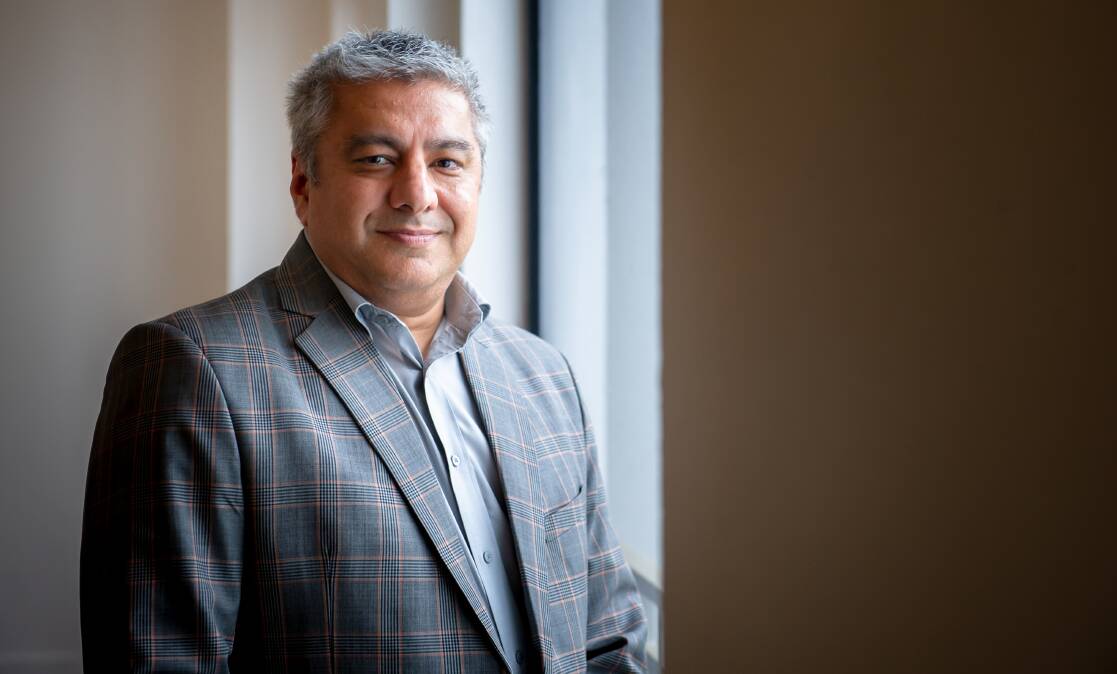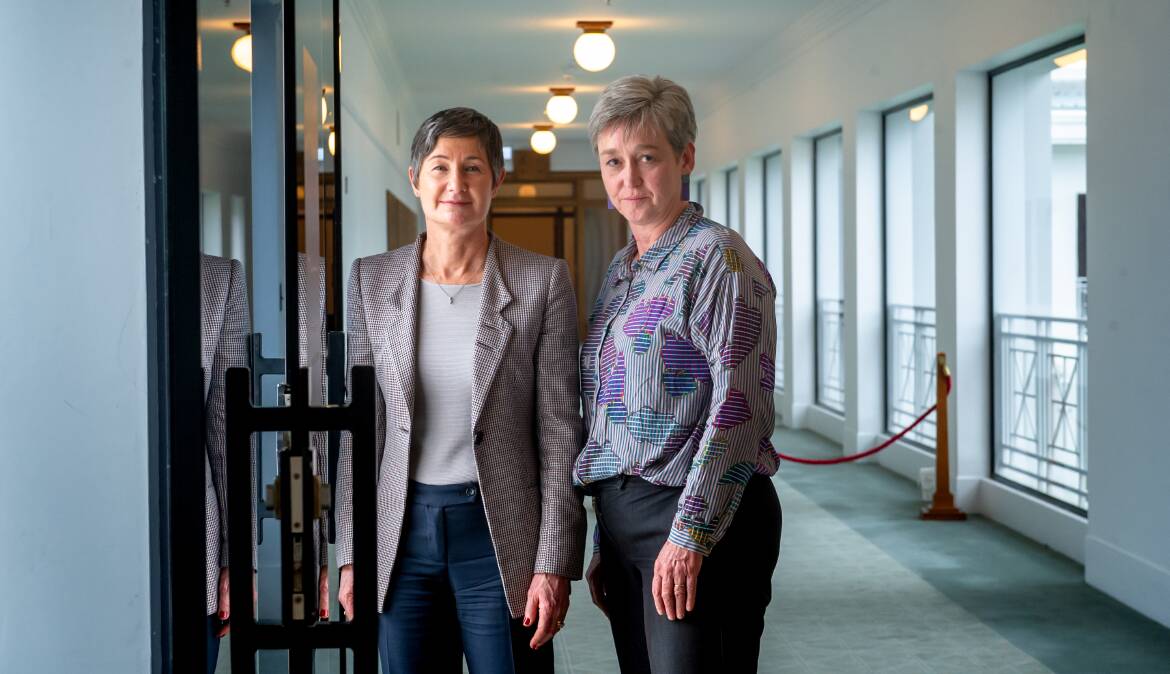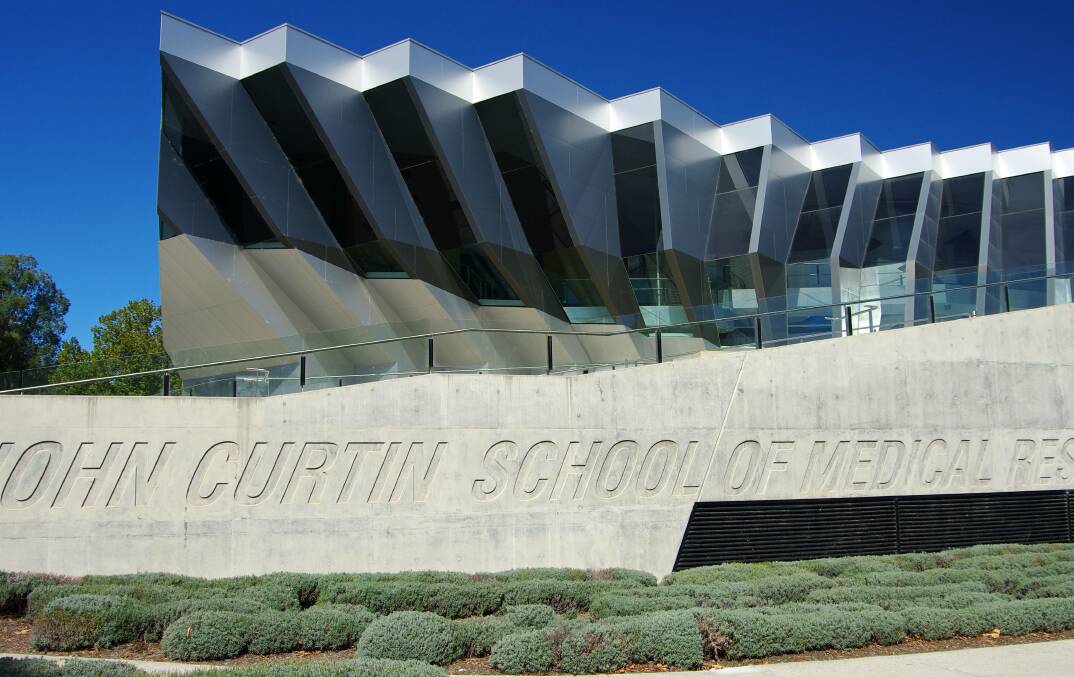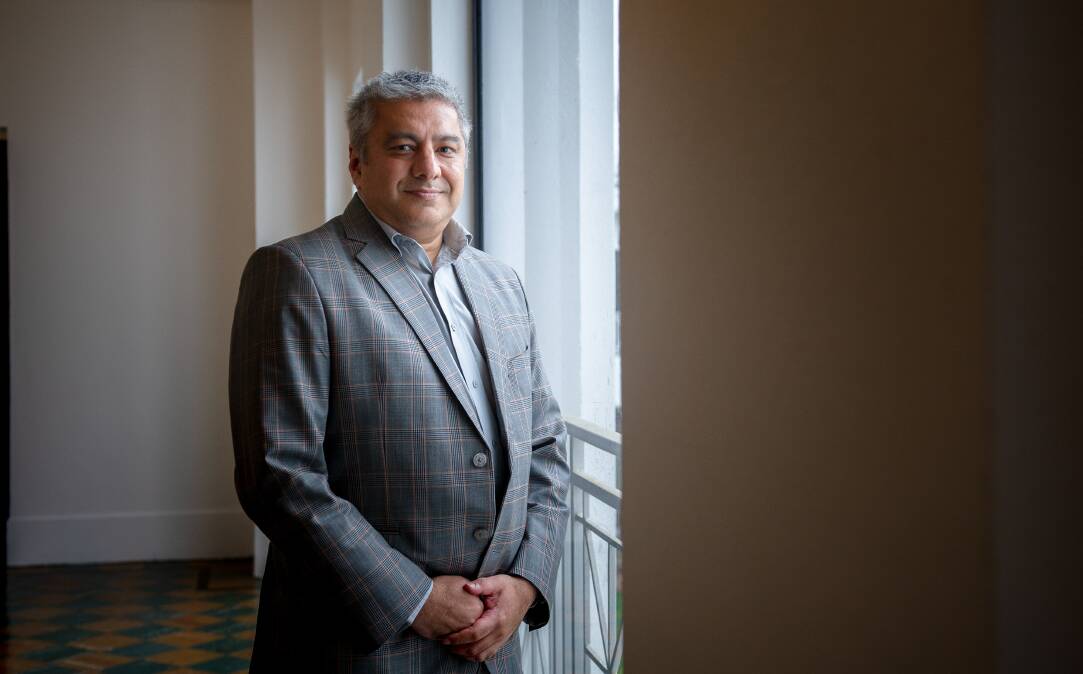Canberra is facing a health crisis "time bomb" as doctors begin to age out of work and into retirement, a GP says.
General practitioners from around Australia met in Canberra on Wednesday for a crisis summit run by Royal Australian College of General Practitioners.
There is a chronic workforce shortage in the industry. GPs say running a practice is not financially sustainable because Medicare rebates have not kept up with inflation.
Meanwhile, the demand for GPs in the ACT is forecast to grow around 65 per cent by 2032, partly because of a growing population.
Retiring GPs create 'boiling point'
Dr Paresh Dawda from Next Practice Deakin said the ACT faces a "make or break scenario".
"The demographics of GPs in Canberra, many are going to retire in the course of the next few years. So actually, we're at a little bit of a time bomb in terms of general practitioners per head of population," he said.
"It's coming together to a boiling point now, where it's a make or break sort of scenario."
There were 1073 residents per full-time equivalent GP in 2021, Deloitte found.
That is 422.4 full-time equivalent GPs servicing 453,000 ACT residents.

Capital Health Network CEO Megan Cahill said ageing GPs can still play a key role in healthcare beyond retirement from practice.
This may include helping teach the next generation of doctors.
"We do have an ageing workforce, and we already have a relatively greater shortage than many other parts of Australia," she said.
"The GP work crisis is real, but we have got the ability to be a little bit agile and imaginative."
'Treadmill' burning out GPs

Dr Dawda said more GPs have turned to part-time work in recent years, as they struggle with burnout.
"[Being a GP] feels like being on a bit of a treadmill and running faster and faster and faster, and not necessarily moving very far," he said.
Despite this GP shortfall, Ms Cahill said health outcomes in the territory are better than many other parts of the country.
"Even though we've got lower numbers of GPs, our health outcomes are actually quite good," she said.
"So it's not just the numbers of doctors or nurses or allied health professionals. It's looking at how they're actually working together to create good health outcomes."
Doctors don't want to live in Canberra
ANU Medical School's Professor Kirsty Douglas said it has always been hard to recruit healthcare workers to the ACT.
"The ACT has proven to be a difficult area to recruit to across the spectrum of medical workforce. So not just GPs but also specialists," she said.
"We've only had a medical school in the ACT for a relatively short period of time, and we know [that] makes a difference.

"[The GP shortage] has impacted us more rapidly than some other areas. We're still better off than many rural and remote areas, but we're not as well off as most other capital cities."
Dr Douglas said ANU medical students were more likely to choose general practice than other Go8 universities, which are all in capital cities, but less likely than regional students.
Dr Dawda said his Deakin GP had advertised for a GP for weeks but received no applicants.
Canberra GP visits more expensive
ACT residents pay much more in out-of-pocket costs compared to other jurisdictions, a 2018 RACGP report found.
Canberra GPs bulk bill less than any other jurisdiction, RACGP said.
Despite this, Dr Dawda said practices still struggle to be financially sustainable.

Dr Douglas said fewer bulk-billing services was less of an issue in Canberra than other areas because of high median wages.
"We do have a number of practices in the ACT that support the most vulnerable communities. So refugee health, drug and alcohol medicine [and] those affected with mental health," she said.
"But what has become clearer and clearer is that you cannot fund high quality, comprehensive general practice using bulk billing alone and expect to get really good outcomes. The MBS [Medicare Benefits Schedule] is now failing."
Dr Dawda said Canberra was a "tale of two cities", with many people putting off visiting the GP, buying medication or seeing a specialist.
"It is really a tale of two cities. Whilst we have a reasonably affluent population ... we have a significant minority of the population that absolutely are the polar opposite off that demographic, struggling to make ends meet," he said.
We've made it a whole lot easier for you to have your say. Our new comment platform requires only one log-in to access articles and to join the discussion on The Canberra Times website. Find out how to register so you can enjoy civil, friendly and engaging discussions. See our moderation policy here.







